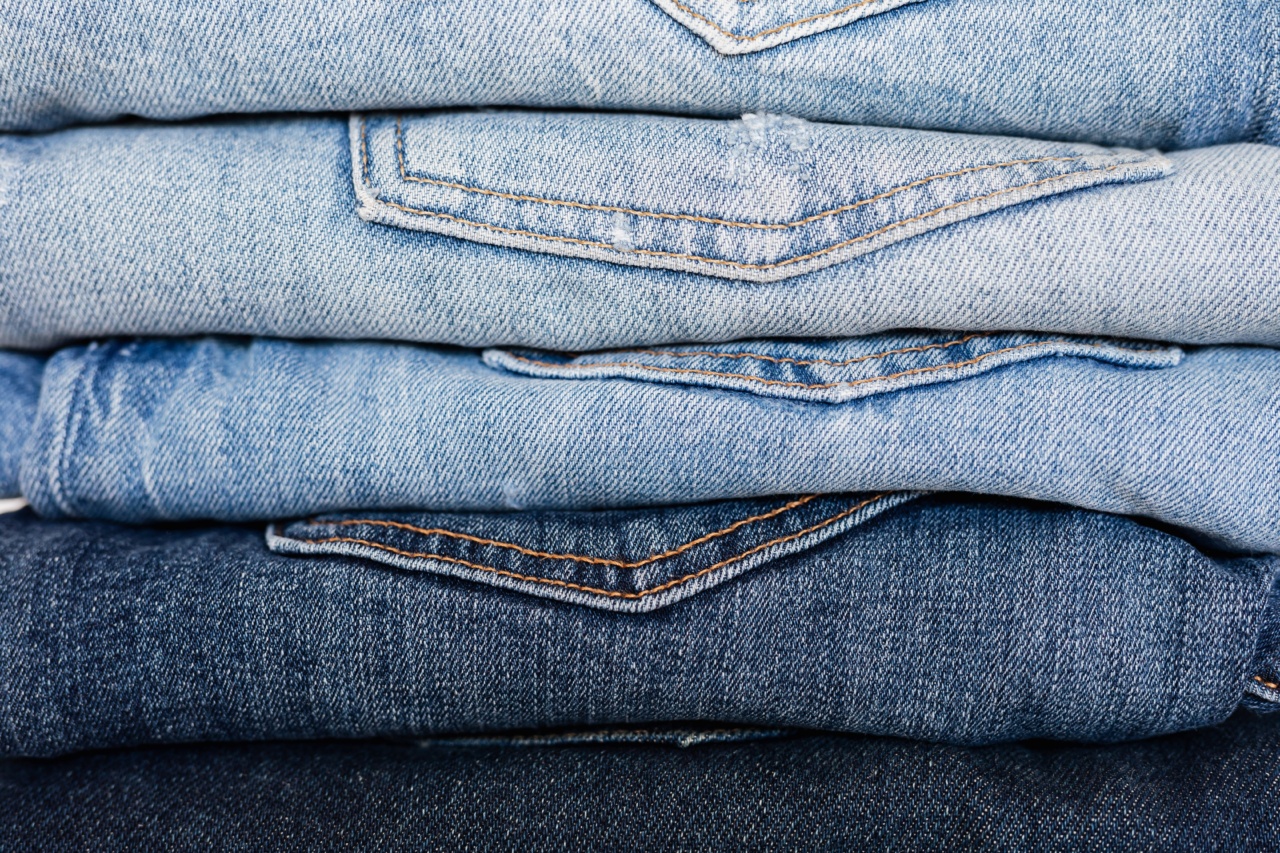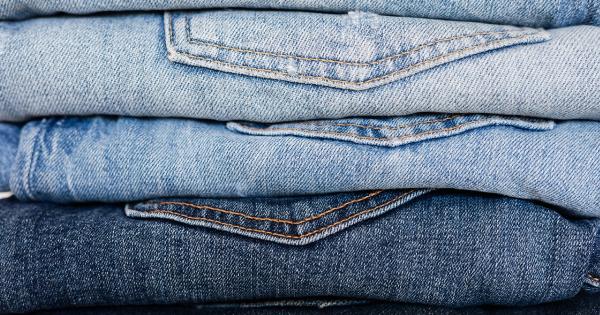Buying new clothes is often exciting, but should you wear them without washing them first? The answer is no. New clothes can have hidden dangers that could cause harm to your health.
In this article, we will explore the risks of not washing new clothes before wearing them.
1. Chemical Residues
New clothes often contain chemicals from the manufacturing process. Formaldehyde, which is a known human carcinogen, is commonly used to prevent mildew on clothing during transportation. It is also used to make clothes wrinkle-free.
Other chemicals that can be found in new clothes include azo-aniline dyes, which can cause skin rashes, and nonylphenol ethoxylates (NPEs), which can disrupt the hormone balance in the body.
These chemicals can be harmful when they come in direct contact with your skin.
2. Bacteria and Fungi
New clothes can harbor bacteria and fungi from the manufacturing process, storage, and shipping. Fungi like dermatophytes can cause skin infections and ringworm.
Staphylococcus aureus and Escherichia coli, which are found in the intestines and feces, respectively, can cause infections and other diseases.
These bacteria and fungi can survive on new clothes for weeks or even months if the garments are not washed.
3. Allergic Reactions
New clothes can cause allergic reactions in people with sensitive skin. Synthetic fabrics like polyester and nylon are notorious for causing skin irritation and rashes. These materials are often treated with chemicals that can irritate the skin.
Natural fabrics like cotton and wool can also cause allergic reactions if they are not washed before wearing.
These fabrics can accumulate dust, dirt, and pollen during the manufacturing process and shipping, and these particles can cause allergic reactions in some people.
4. Pesticide Residues
Cotton is a commonly used fabric for clothing. Cotton is often treated with pesticides to protect the plants from insects and pests. These pesticides can leave residues on the fabric.
These residues can cause health problems if they come into contact with your skin. Pesticides have been linked to cancer, birth defects, and other health problems.
5. Flame Retardants
Flame retardants are often used in clothing to make them less flammable. These chemicals can cause health problems, such as endocrine disruption and cancer.
Flame retardants can also be harmful to the environment. They can accumulate in the soil and water, and they can also be found in the air and dust in homes.
6. Environmental Pollution
The fashion industry is one of the biggest polluters in the world. The production of new clothes requires a significant amount of energy, water, and resources.
When you buy new clothes, you contribute to that pollution. By washing your new clothes before wearing them, you can help to reduce the environmental impact of the fashion industry.
7. Stains and Other Contaminants
New clothes can have stains and other contaminants from the manufacturing process, storage, and shipping. These stains can be difficult to remove if they are not washed immediately.
Some contaminants, such as oil and grease, can cause health problems if they come into contact with your skin.
8. Compression Damage
New clothes often come tightly packed in plastic bags or boxes. The compression can cause damage to the fabric fibers, which can weaken the clothing. This damage can be irreversible.
By washing your new clothes before wearing them, you can help to restore the fabric fibers to their original condition.
9. Fit and Comfort
New clothes often have sizing labels and other tags attached to them. These tags can be scratchy and uncomfortable, and they can also irritate the skin.
Washing your new clothes before wearing them can help to soften the fabric and remove the sizing labels and tags. This can improve the fit and comfort of the clothing.
10. Bad Smells
New clothes often have a chemical smell from the manufacturing process. This smell can be unpleasant and can cause headaches and other health problems.
Washing your new clothes before wearing them can help to remove the chemical smell and freshen up the clothing.
Conclusion
Washing new clothes before wearing them is important for your health and the environment. New clothes can contain chemical residues, bacteria and fungi, pesticide residues, flame retardants, and other contaminants that can cause health problems.
By washing your new clothes, you can help to reduce the environmental impact of the fashion industry and improve the fit and comfort of your clothing.






























